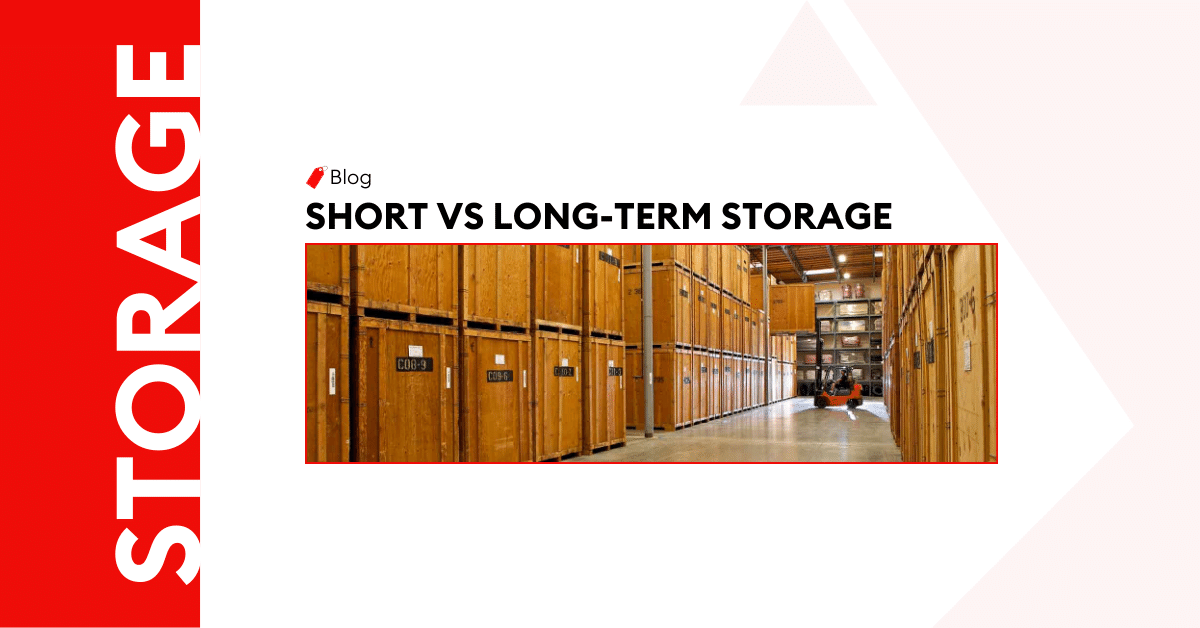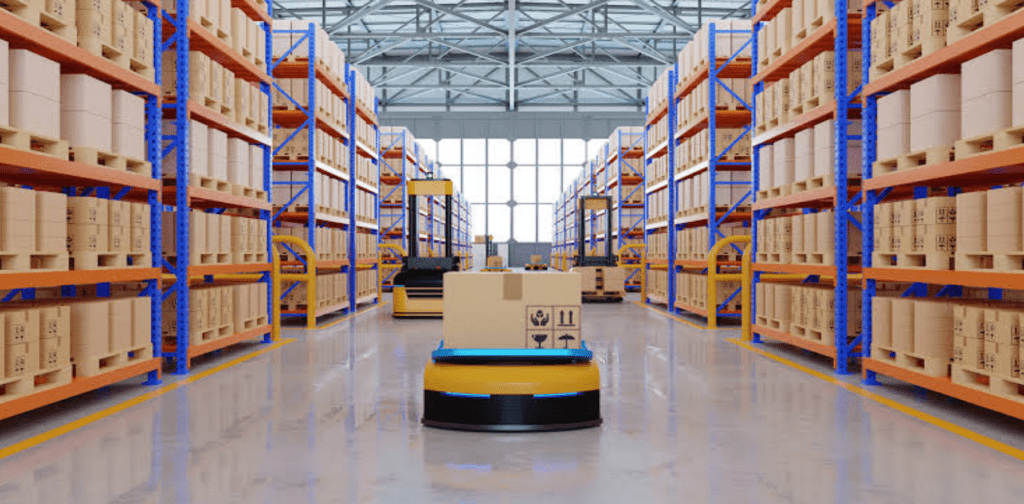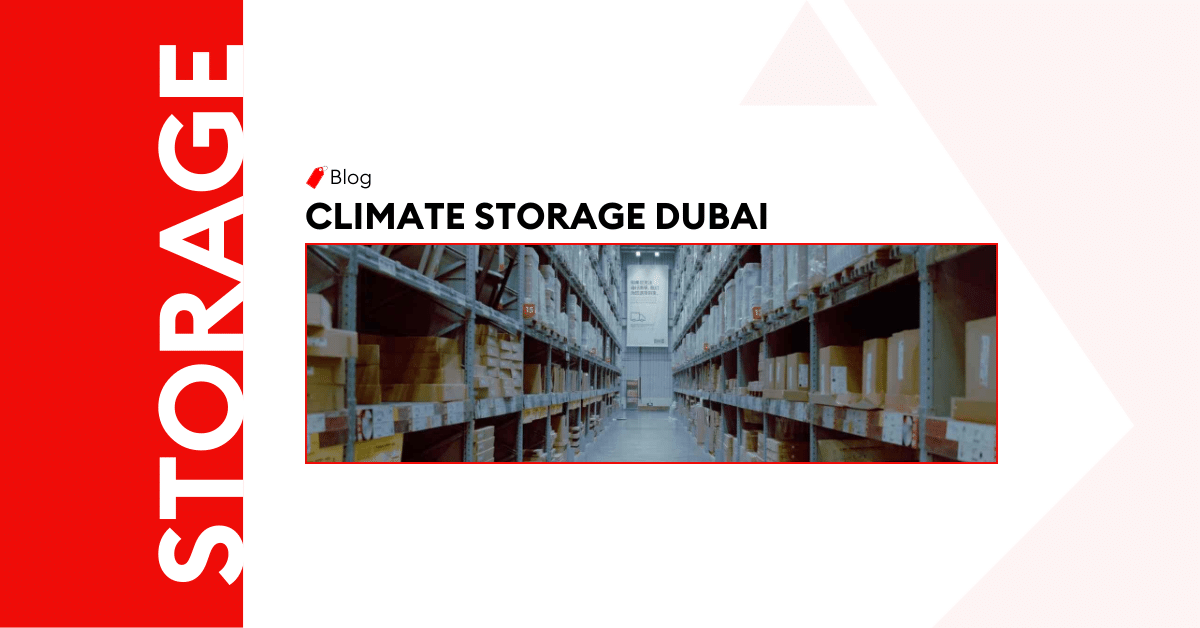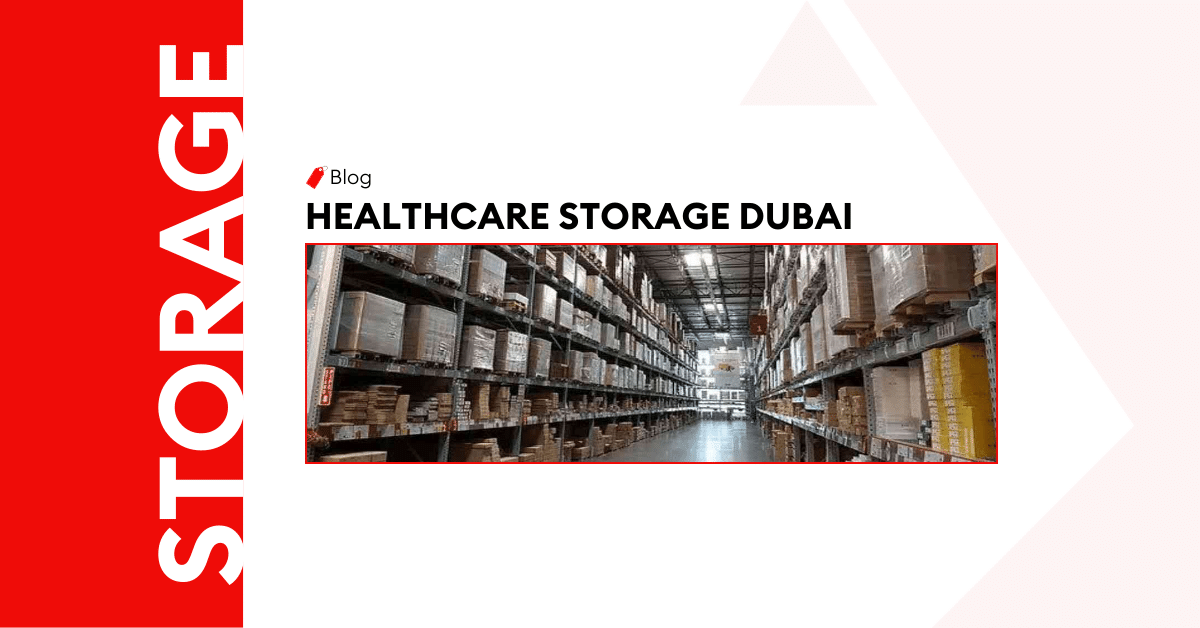
Short-term Vs Long-term Storage in Dubai
Short-term storage involves safekeeping inventory for a limited time, it can usually be for days to a few months. Long-term storage keeps inventory for a longer time, which ranges from several months to some years. Both storage systems are pivotal in the Dubai logistics and supply chain industry with their unique benefits.
These storage solutions are not one-fit-all as they thrive with different business needs. That is, there are business needs that require short-term and those that require long-term storage. Hence, it is vital to select the appropriate solution based on your business needs.
Key Features and Benefits of Short-term Storage
The supply chain and logistics space are dynamic as the needs of businesses changes and differ. This creates needs that only short-term solutions can meet, hence contributing to the efficiency of the supply chain. A look at the features and benefits of short-term storage will help us understand this concept better.
Flexibility and Scalability
Short-term storage solutions in Dubai offer flexibility in the following situations:
- Limited time operations: When a business is operating in a region for a limited time and will need to move. This could be contract-based or project-based operations.
- Seasonal demand: There are industries that are super active in some seasons, such as the agricultural and retail industries. This translates to peak seasons when there is a high demand for some products. Short-term storage becomes the ideal solution for this situation as products do not need to stay long in the warehouses.
- Fluctuating demand: Short-term storage can help give a quick solution to sudden increase in demand as goods can be stored within the short time frame for fulfillment.
By virtue of flexibility, businesses can set up scalability plans. For example, short-term storage will help when a business is launching or testing a new market. In this situation, less volume of goods is stored with limited time.
Cost- effectiveness
The cost-effectiveness of short-term storage is a bit tricky. It evidently doesn’t make sense to pay premium fees for short-term storage as a business with lengthy storage requirements is paying. However, businesses that have fluctuating demand will save costs by using short-term storage since they pay per length of storage.
Quick Access to Inventory
Short-term storage reduces inventory holding time, which gives quicker access to inventory. This triggers benefits such as faster order fulfillment and improved customer services. With quick access to inventory, goods flow faster from suppliers to customers.
Key Features and Benefits of Long-term Storage
Stability and Security
The long-term storage solution is characterized by large storage capacity as businesses tend to store more volume of goods for a long time. This bolsters the provision for consistent storage conditions.
Here is a more detailed breakdown of the stability and security benefits of long-term storage:
Stable Storage Conditions
Long-term storage is sophisticated to maintain consistent and controlled storage conditions. This will help preserve the integrity and quality of goods. Long-term storage provides the necessary factors, such as ventilation, temperature control, lighting, humidity, etc to ensure stability. External factors are limited and the storage is in compliance with standard principles.
Security
This is one of the core competencies of long-term storage solutions. Since the goods are going to be stored for a long time, several security measures are put in place. These measures include:
- Employing the aid of trained security personnels.
- The use of surveillance cameras to monitor every activity in the storage space.
- Intruder alarms to notify management or security personnel when a foreign body tries to gain entry into the storage space.
These measures will help prevent goods from damage, theft, and other threats.
Cost Optimization
Long-term warehouse storage solutions are a cost-effective choice for businesses with consistent storage needs. This will attract long-term contracts that create room for negotiable rates. Businesses will get access to bulk discounts, which is favorable compared to consistently paying premium fees for short-term storage.
Long-term storage is available via storage lease, which will save operational costs compared with the business developing and running a personal warehouse. This outsourcing feature of long-term storage will help businesses save costs.
Inventory Management and Organization
The dynamics of long-term storage trigger systematic inventory management and organization. This is beneficial to businesses in the following ways:
- This involves accurate inventory records that eliminate discrepancies and aid better decisions.
- It enhances space utilization as inventory is systematically stored to minimize wasted space.
- Easy accessibility and retrieval of goods when needed.
- It prevents stockouts or expiration of goods. This will prevent overall wastage of goods.
Factors to Consider When Choosing Between Short-term and Long-term Storage
Short-term and long-term storage solutions are both crucial to the supply chain and logistics space. The efficiency of any of these storage solutions will be seen when they are applied in their appropriate situations. The defining factors that fit these storage solutions into their appropriate situations include,

Duration and Frequency of Storage
When a business has storage needs for a short time, such as a few days to some months, then short-term storage is the best fit. This storage solution has features to enable the rapid flow of goods from the storage facility to the market.
On the other hand, when a business needs to store goods for several months to years, then long-term storage is the appropriate choice. This warehouse and storage services will provide stable storage conditions over a long period.
Short-term storage is ideal for high-frequency storage needs. This happens when business experiences fast turnovers and moves goods quickly to the market or customers. In the case where the frequency of storage is low, then long-term storage is ideal.
Inventory Size and Seasonal Fluctuations
Inventory Size
Businesses with large inventories should opt for long-term storage solutions. Long-term storage facilities have the capacity to store large volumes of inventories. On the other hand, short-term storage is more suitable for smaller volumes of inventories due to smaller storage capacity.
Seasonal Fluctuations
Short-term warehouse storage solutions can be beneficial in peak seasons as it can serve as an additional storage space to accommodate the inserting inventory level. It will also suffice as goods are moved rapidly to meet the surging demand.
When the market becomes stable without a surge, long-term storage will help keep goods for an extensive period until the next phase of the demand surge.
Cost Analysis and Budget Considerations
Irrespective of the type of storage solution a business employs, there is always a level of cost attached. Businesses have different budgets for storage, and cost analysis is a way to point out the most cost-effective storage solution for their needs.
Businesses need to consider storage rental costs and align it with their budget. These rental or lease costs can be optimized depending on the storage requirement of the business.
- Small-scale businesses with low inventory levels may find short-term storage cost-effective.
- Businesses with large volumes of inventory may find long-term storage cost-effective.
Businesses are advised to understand the uniqueness of their storage needs and pick the most cost-effective storage options.
Best Practices for Efficient Storage Management
Inventory Tracking and Management System
The role of inventory tracking and management system in storage and the overall supply chain can not be downplayed. Here are the benefits this system provides:
- Inventory Visibility: The inventory tracking system ensures that the management can see the movement, locations, and inventory levels in real-time. This takes away uncertainties and creates awareness.
- Improved Space Utilization: Since the location and movement of goods are tracked, it can give insight into the efficiency of the current storage configurations. Optimization can be triggered as better configurations are employed.
- Inventory Accuracy: Inventory tracking and management system will help reduce errors when taking counts of inventories. This accuracy also translates to other fulfillment and shipping processes.
- Demand Forecasting: This system provides data that is useful for demand analysis to study customer behaviors and purchase patterns.
It is ideal to implement an inventory tracking and management system as it will improve storage and related processes.
Proper Documentation and Labeling
Upon receiving goods for storage, it is proper to login necessary documentation on the details of the goods and label them appropriately. Proper documentation and labeling should precede the placement of inventories into their storage locations.
Proper documentation and labeling will enable the following:
- Easy identification and retrieval of goods/inventories.
- Reduced picking and shipping errors as the label clearly describes the inventory.
- Improved accuracy, records, and accountability.
- Keeps the business in compliance with industry standards concerning documentation and labeling.
Regular Inventory Audits and Maintenance
It is necessary to set time to review, examine and inspect activities and records around the inventory and storage facility. Audits and maintenance are a way of assessing operations to see how efficient it has been over time.
- Audits will help cross-check and validate the accuracy of inventory records.
- It will help identify shortfalls that will trigger plans for improvement and better efficiency.
- Audits and maintenance will help identify faulty storage equipment and facility. As a result, appropriate solutions are provided to boost efficiency.
- It helps to mitigate risk as potential hazards and security failings are identified for appropriate solutions.
How Al Sharqi Can Help
As a key player in the Dubai logistics space, we have all it takes to meet your short-term and long-term storage needs. Firstly, we can help you identify the appropriate storage solution for your business needs. This way you do not operate in error.
Whatever storage solution you need, Al Sharqi can help with the following:
- Implementation of inventory tracking and management system
- Proper documentation and labeling
- Optimized storage space utilization
- Conduct audit and maintenance of storage facility
- Improve and streamline storage processes and configurations
- Improve overall logistics experience
We have a lot to offer you. Reach out to us now.
Conclusion
The duration factor holds the primary difference between short-term storage and long-term storage. Short-term storage is meant for a few days to months while long-term storage is for several months to years. Both solutions when applied in their appropriate situations offer benefits such as efficiency, flexibility, stability, cost-effectiveness, and inventory management. To get the best out of these storage solutions, one must consider storage needs, cost analysis, and inventory management practices.
Frequently Asked Questions
This is a storage solution for storing inventory for a short period. The time frame spans from a few days to some months.
Long-term storage involves storing inventory for a long or extensive period. The time frame spans from several months to years.
- It offers elasticity to solve issues of seasonal demand and flexible-based projects.
- Cost-effectiveness for businesses with smaller volumes of inventory, and minute storage needs.
- It provides quick access to inventory.
- It offers stable storage conditions and security of inventories.
- It helps in optimizing inventory management and organization.
- Cost-effectiveness for businesses with consistent storage needs.
To determine the ideal storage solution for your needs, consider the following factors:
- Duration and frequency of storage needs: Short durations need short-term storage and vice versa. More frequent storage needs will need long-term storage and vice versa.
- Inventory size: Large volumes of inventory needs long-term storage facility and vice versa.
- Budget: Consider your budget and the cost for each solution, then pick the most cost-effective storage that will meet your needs.
Our customer service team is happy to assist you with planing your next booking.

Related Articles
What Products Require Climate Control Storage in Dubai?
As temperatures soar in the Gulf region, reliable and efficient storage solutions is now a priority.
Short-term Vs Long-term Storage in Dubai
Short-term storage involves safekeeping inventory for a limited time, it can usually be for days to
Healthcare Storage Solutions – What Do They Have To Offer
The health industry needs efficient storage as they work with sensitive medical inventories. As a re






Post a comment
You must be logged in to post a comment.